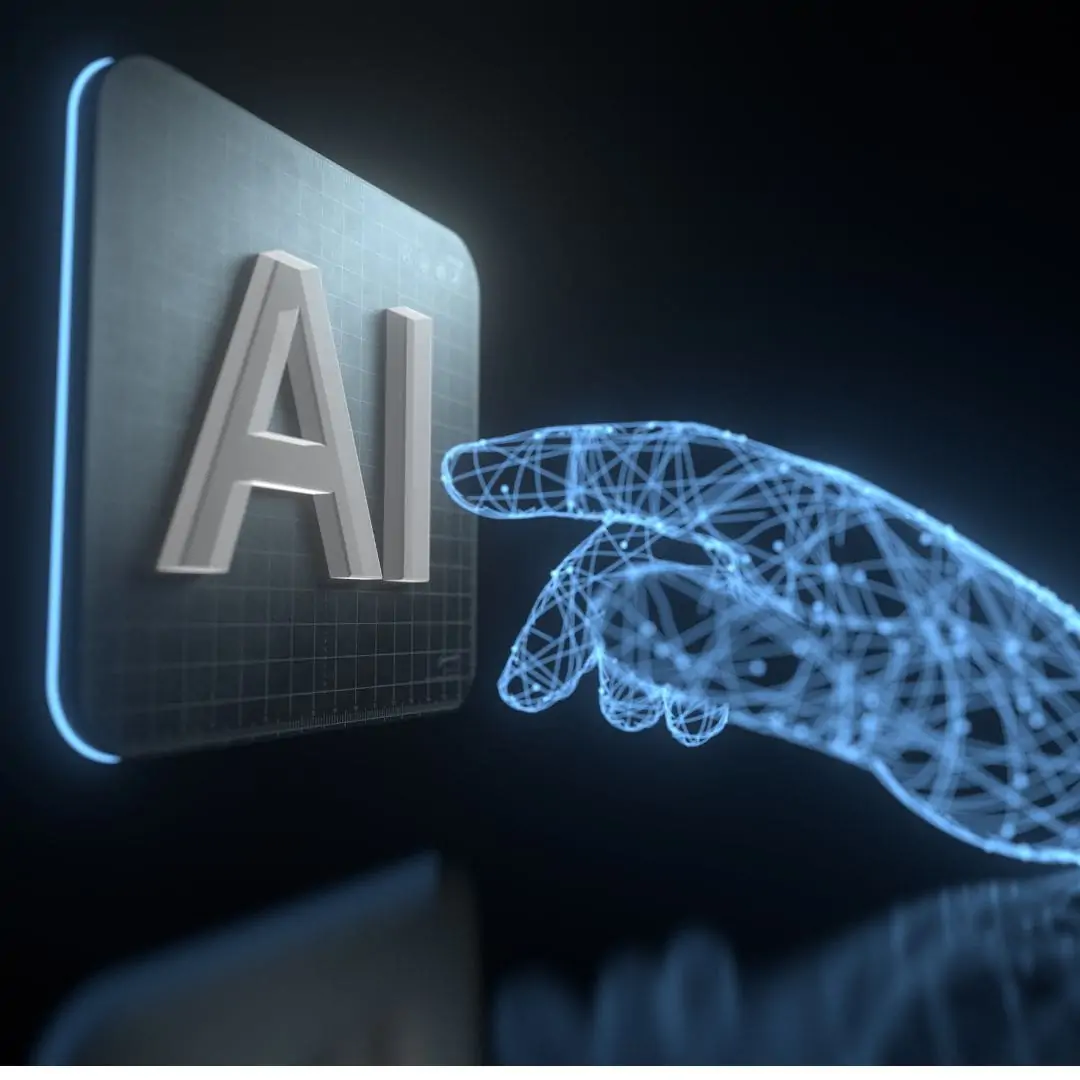
Generative artificial intelligence, capable of producing text, images, and videos based on open-ended prompts, has sparked both optimism for its potential to eliminate repetitive tasks and concern over the possibility of rendering certain jobs obsolete. Major tech players like Google and Microsoft have initiated rounds of layoffs as they pivot towards utilizing systems such as OpenAI’s ChatGPT and Google’s chatbot Gemini.
Recent months have witnessed a surge in layoffs by tech companies, signifying a shift towards implementing advanced AI systems. This trend aligns with findings from a significant Adecco survey, one of the largest studies on AI, which echoes a 2023 report by the World Economic Forum. The forum’s study indicated that 25% of companies anticipated AI leading to job losses, while 50% believed it would create new employment opportunities. Despite acknowledging AI as a transformative force, most senior executives surveyed by Adecco admitted to insufficient progress in integrating the technology into their operations.
Denis Machuel, CEO of Adecco, underscored the pervasive impact of AI on various job roles. He emphasized that while AI has the potential to both eliminate and generate jobs, historical precedent suggests a balance between the two outcomes. Machuel referenced the past fear of digitalization leading to widespread job destruction, noting that it instead catalyzed the creation of numerous new roles. According to him, the future of AI and job dynamics will likely follow a similar pattern, with a net equilibrium between jobs created and jobs displaced.
Machuel advocated for proactive measures among companies to mitigate the disruption caused by AI. Rather than relying solely on external recruitment of AI specialists, he emphasized the importance of investing in training existing staff to effectively collaborate with AI technologies. Adecco’s survey encompassed businesses across several countries, including the United States, Britain, France, Germany, Japan, Spain, Canada, Australia, and Singapore. Various sectors, such as defense, pharmaceuticals, healthcare, industry, and logistics, were represented in the study, highlighting the broad impact of AI across diverse industries.
As a company that leverages AI in its operations, Adecco recognizes the substantial opportunities presented by the technology. Machuel highlighted their use of AI in resume creation for clients as an example. Additionally, Adecco has been actively involved in training and upskilling initiatives for clients, viewing this as a strategic avenue for leveraging AI to enhance workforce capabilities. The company has observed a significant uptick in consulting projects related to AI, indicating growing interest and investment in harnessing AI for workforce development.
In summary, the emergence of generative AI has elicited a dual response characterized by both optimism and apprehension regarding its impact on employment. While AI holds the potential to streamline processes and create new opportunities, it also poses challenges related to job displacement. However, proactive measures such as training and upskilling initiatives can help companies navigate this disruption effectively, ensuring a balanced approach to integrating AI into the workforce. Adecco’s survey underscores the need for organizations to embrace AI as a transformative force and invest in strategies to harness its potential for driving innovation and growth.
This website uses cookies.